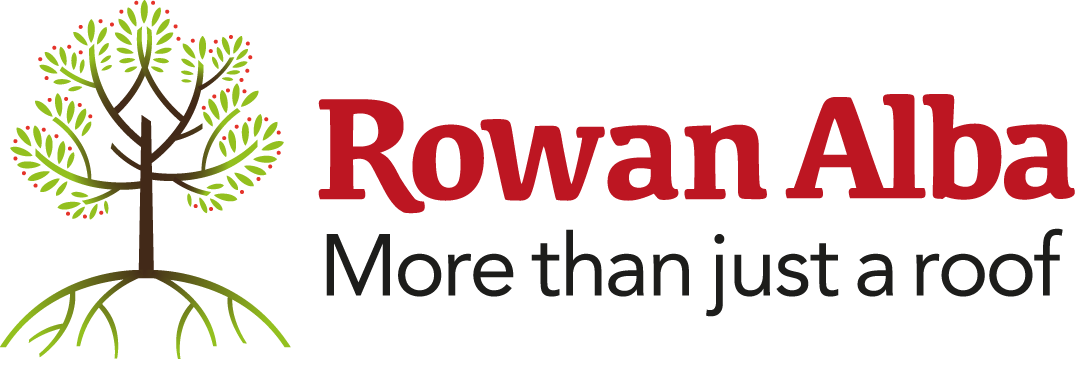Volunteering for CARDS
Volunteering Induction
This page is an overview of the content you will need during your Stage One Volunteer Induction
Given we can’t get to see you for the induction training in person, we are asking you find a few hours, click through and enjoy a selection of videos, training and guidance that tell you a bit about how we think and how we work… Enjoy!
“The opposite of addiction isn’t sobriety.
It’s connections”Johan Hari
Chasing the scream. The War on Drugs.
VIDEO // Johan Hari Everything you think you know about addictions is wrong
VIDEO // Dr Adam Burley Consultant Clinical Psychologist
External Training
We would also like to bring your attention to some great training that is provided through our NHS and other Partners. You can register for these courses through us and any expenses incurred for attending this training will be reimbursed by Rowan Alba.
Vital Skills in Befriending – Befriending Networks
This training is accessible online. You will receive personalised feedback on your progress from Befriending Networks and CARDS. This training is therefore specific to the CARDS service.
The modules included in this training are:
- What is befriending
- Values and attitudes in befriending
- Communication skills
- Building befriending relationships
- The matching process
- Boundaries and confidentiality
- Support and supervision
- Roles and responsibilities within befriending
- Managing endings
- Befrienders as community connectors
Once you have completed all the modules you will receive a certificate from Befriending Networks.
NHS Health Promotion Services
We would also like to bring your attention to some great training that is provided through NHS. You can register for these courses through us and any expenses incurred for attending this training will be reimbursed by Rowan Alba. Registration can be made online but please let us know if you are attending one of these trainings. CARDS admin will send out email reminders to volunteers when training is available in the local area.
Scottish Drugs Forum – Workforce development Program
SDF offer a range of training courses that are core funded by Alcohol and Drug Partnerships, to view available courses in your area please visit the SDF Workforce Development Programme website .
Useful information about volunteering
Ongoing support for learning & development
Volunteer resources & Forms
Covid and volunteering
Getting help from CARDS
Evaluations & reports
